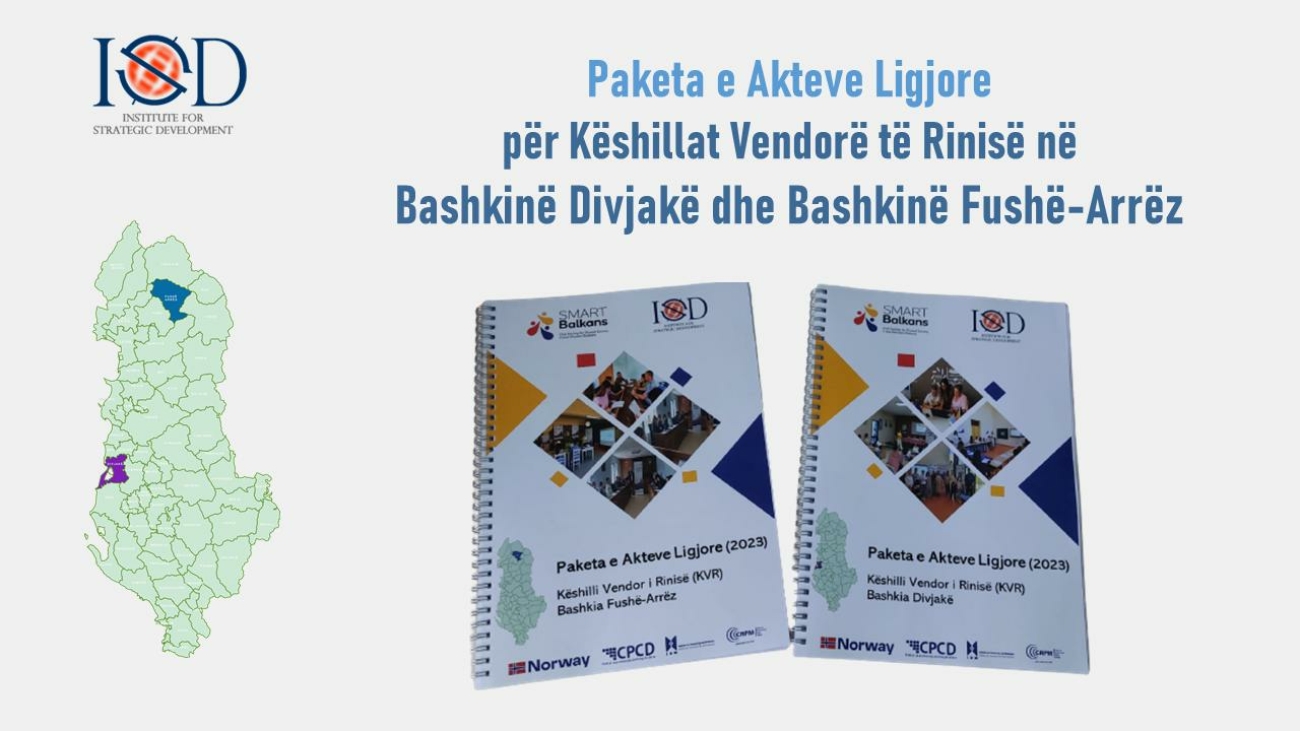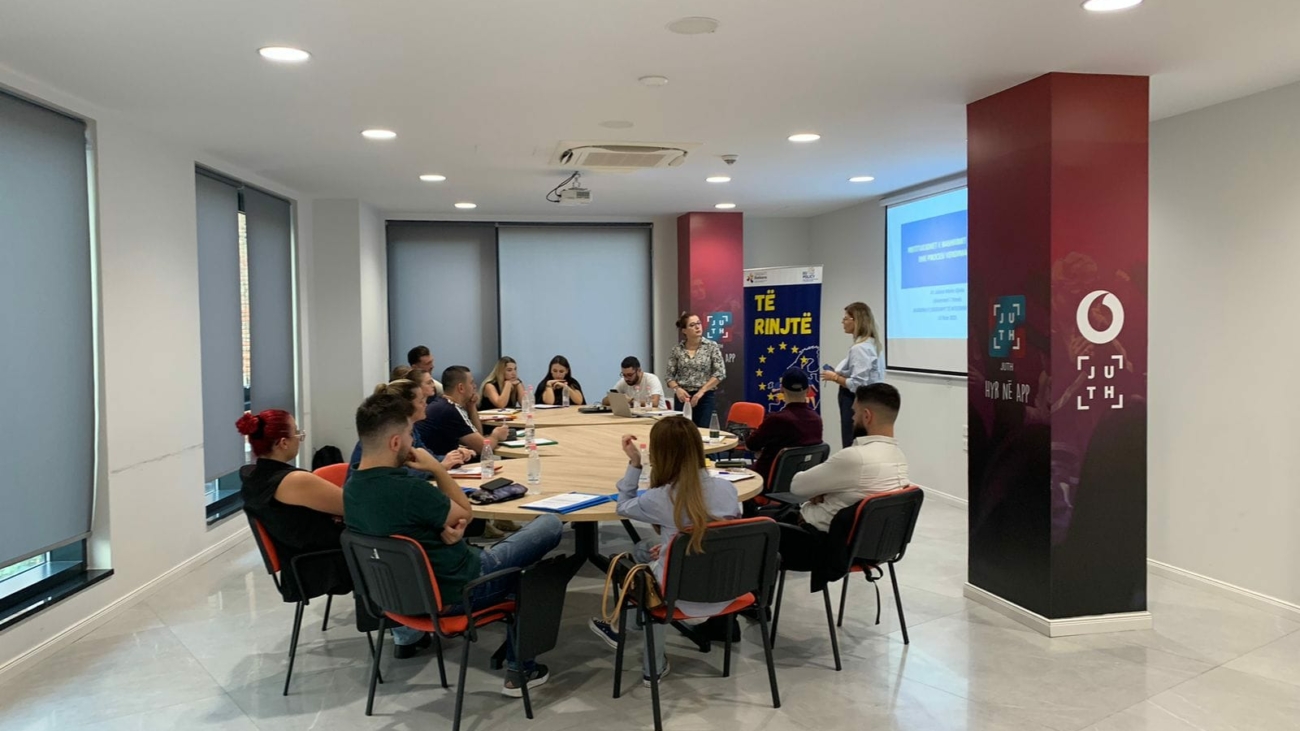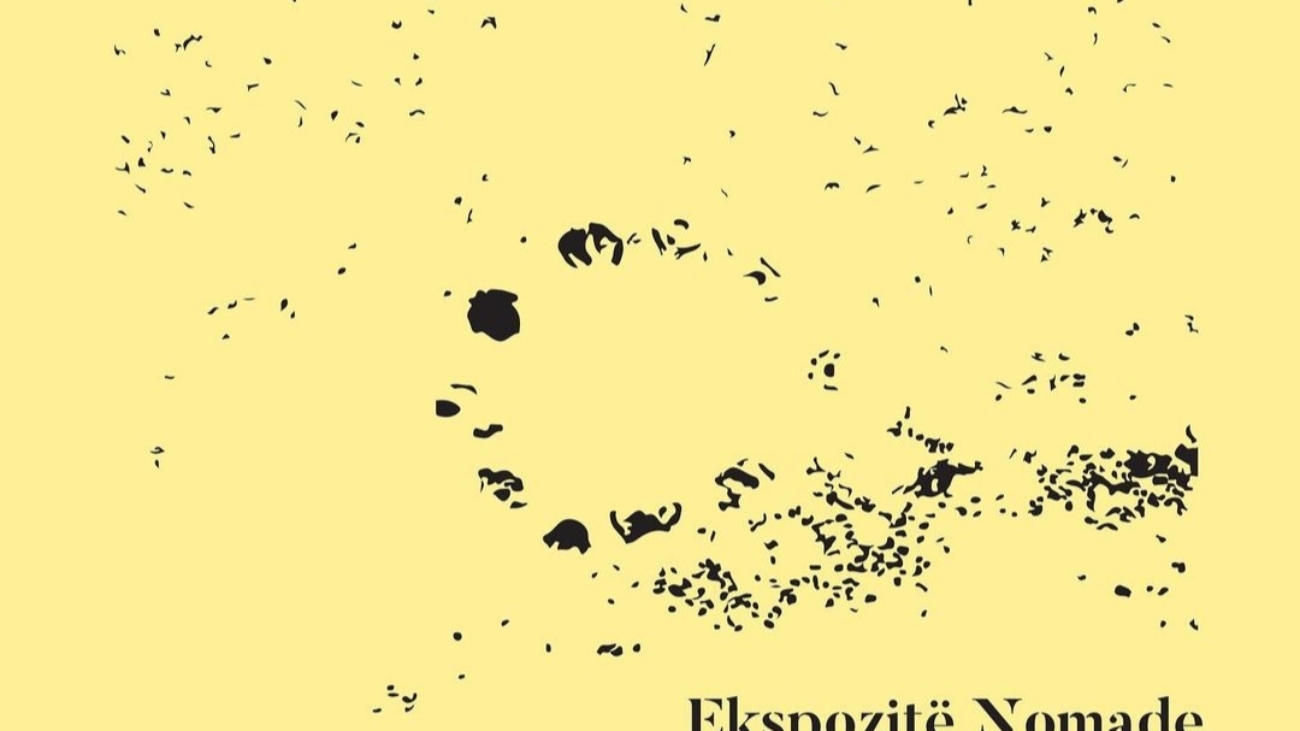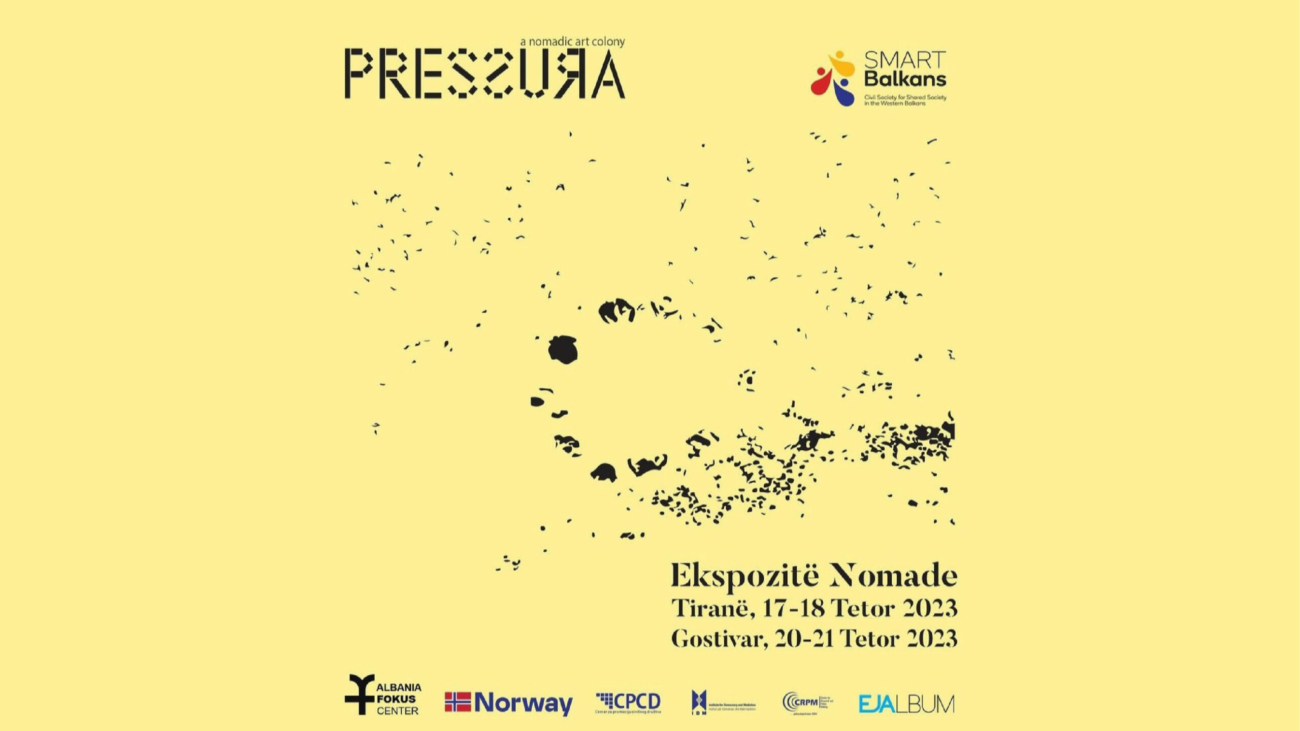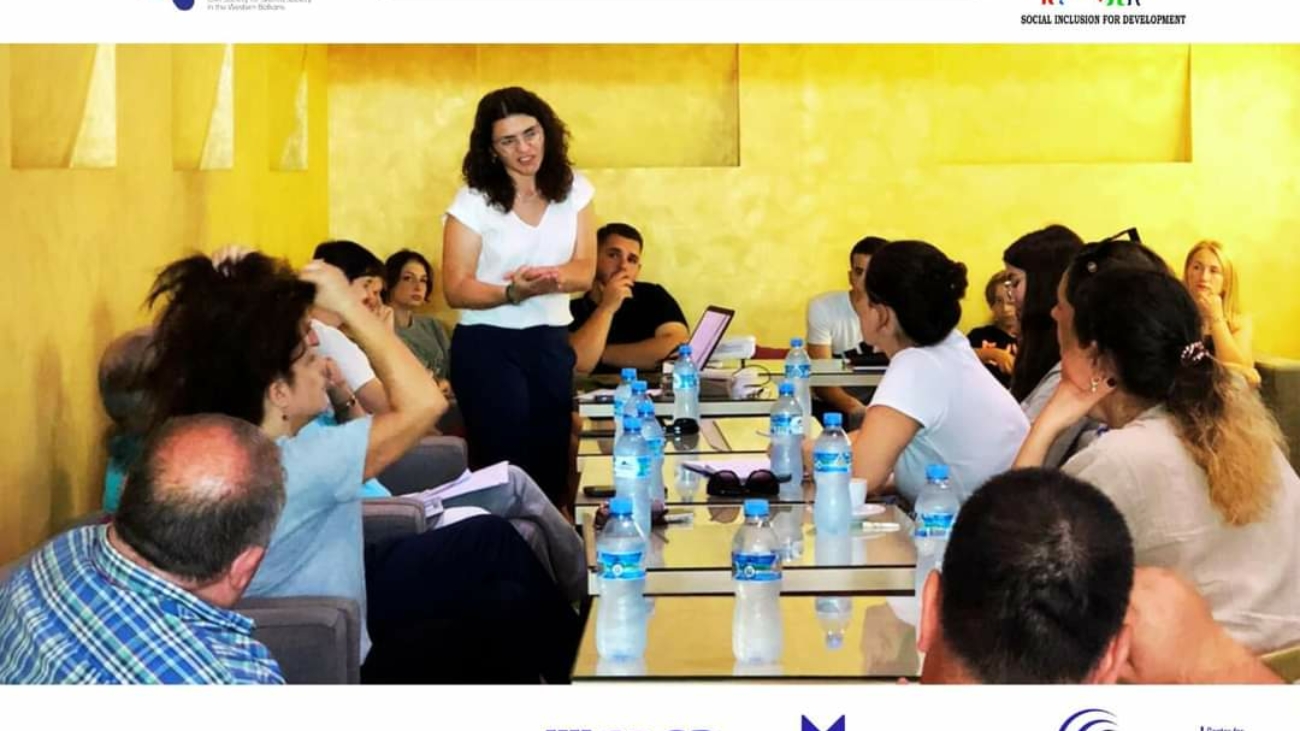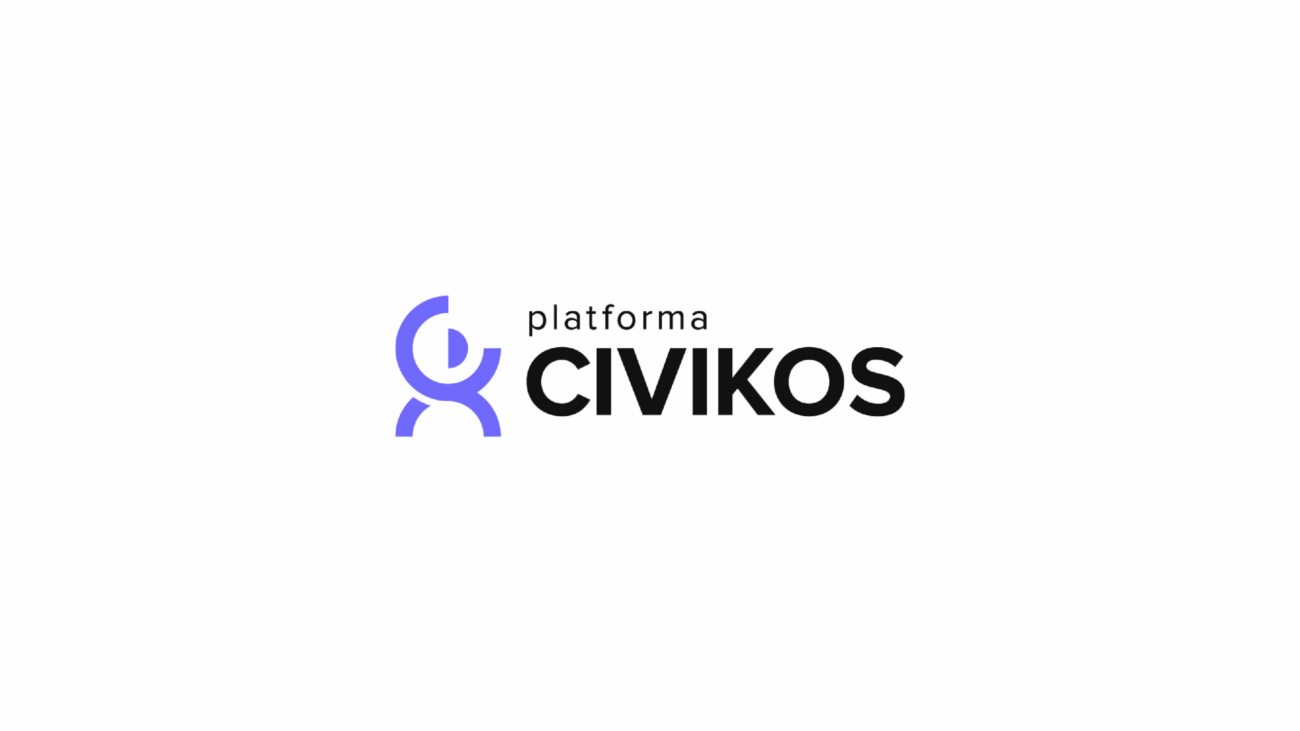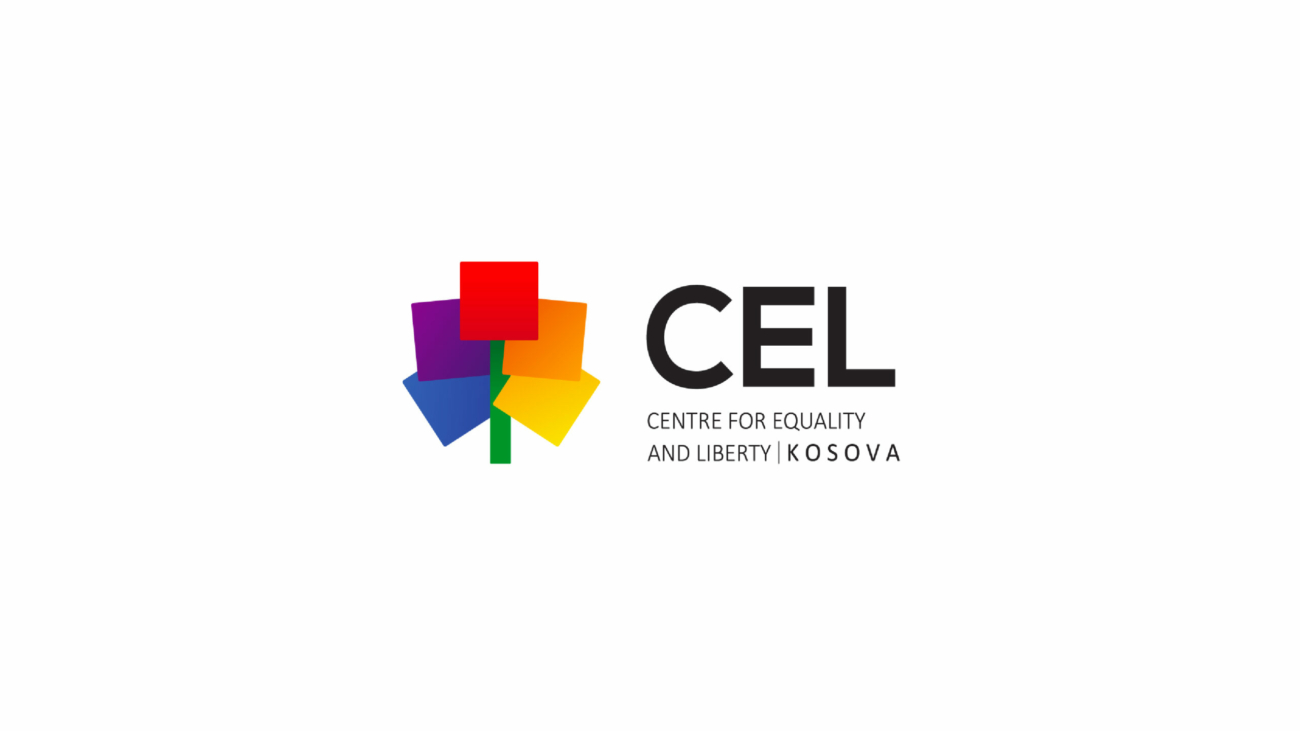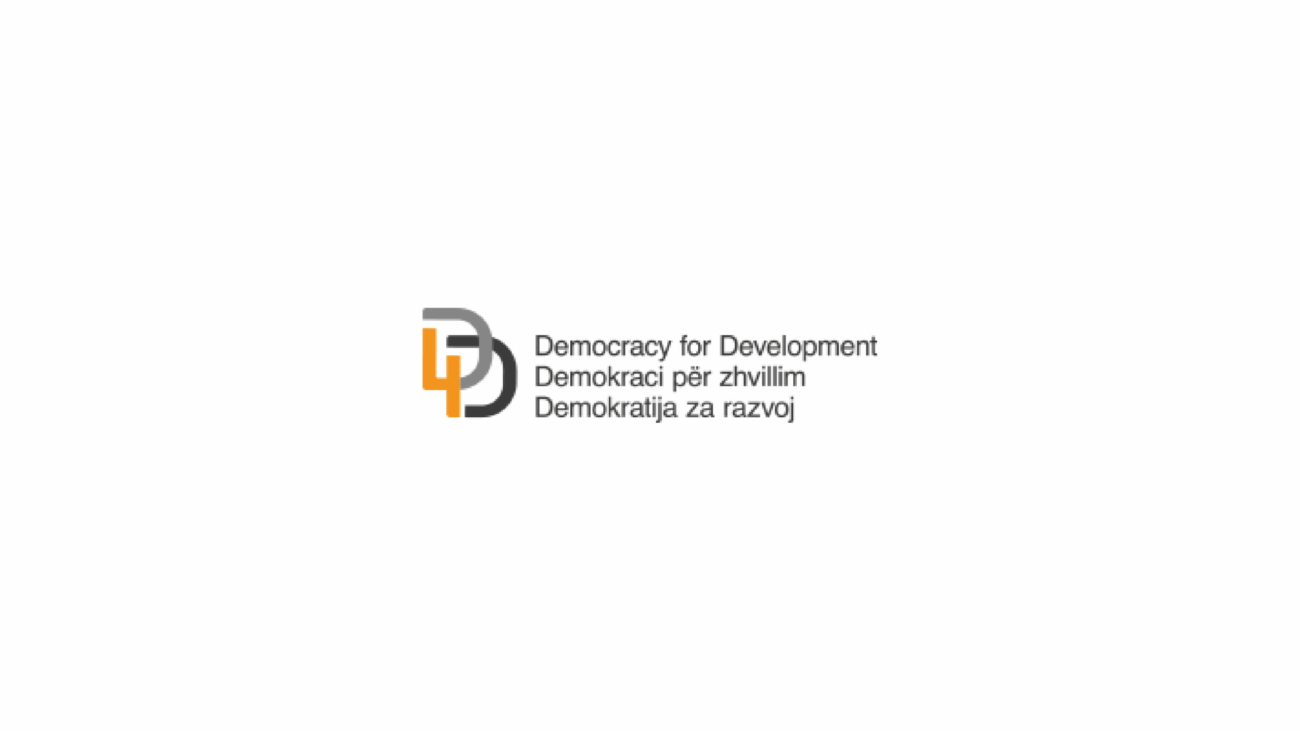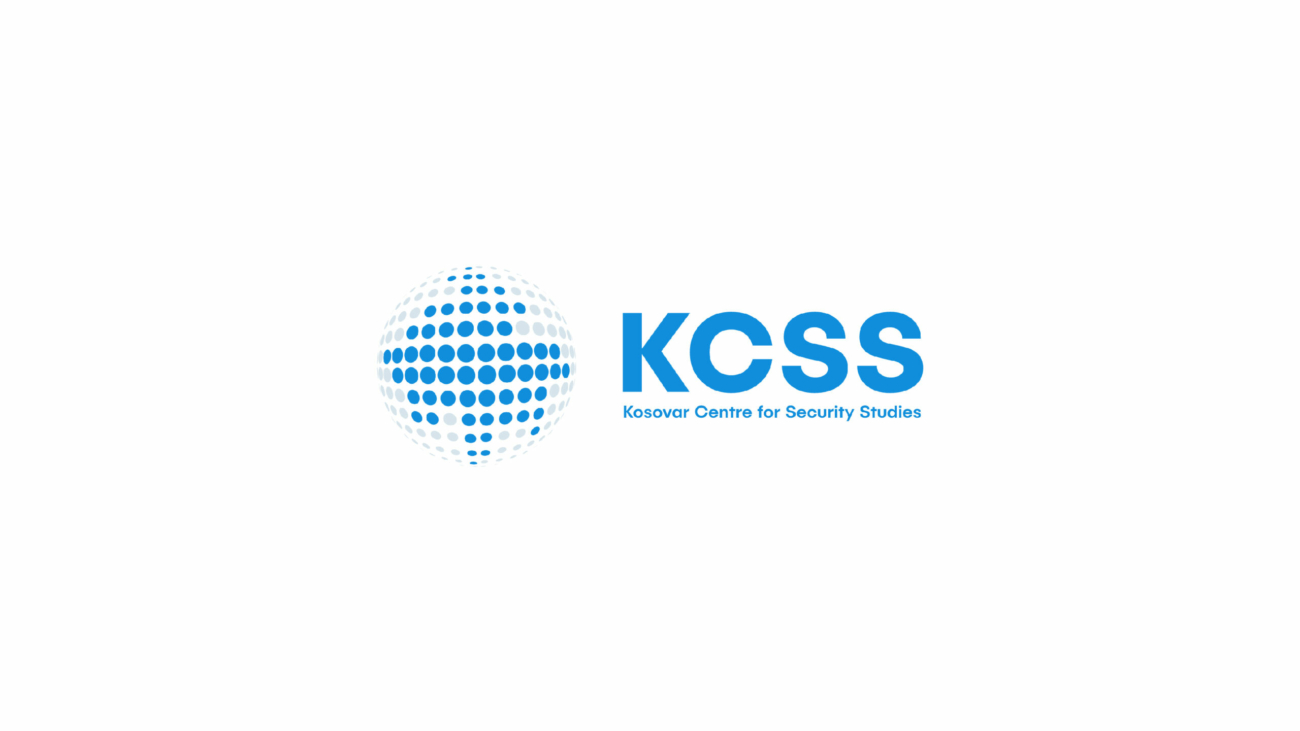A conversation between Skender, 45, and his 8-year-old son Andi, took an unexpected turn. During the discussion, Andi said “It’s none of your business.” Skender was confused by his son’s response as he doesn’t have any business dealings. His eldest daughter, Anda, had to explain to him what the phrase “It’s none of your business” means.
Although Andi is in the second grade, his teacher had never told Skender about his son’s difficulties speaking his mother tongue. His friends consoled him, saying, “all the children today speak English.”
At the beginning of the third grade, Andi’s struggles speaking Albanian turned into a bigger problem. Andi refused to go to school, complaining of stomach aches, headaches and sore throats. After this started happening regularly and doctors could not find anything wrong, Skender decided to take his son to a psychologist. She established that the boy suffered from anxiety due to his difficulties communicating in Albanian.
Language plays a vital role in individual development. At school, students must know the language of instruction before they can learn. What’s more, mother tongues play a key role in shaping the personal, social and cultural identity of individuals. Children hear their mother tongue first when they are in their mother’s womb, and they form with it. Already they are developing connections to family, culture and language.
Venera, a fourth grade teacher in Prishtina, told me that during breaks students only talk to each other in English.
Venera’s students often ask, “Can I say this in English? I don’t remember the Albanian.”
Digital natives
Questions such as “Who are our children today? Why are they speaking English instead of Albanian? Why aren’t they learning like us?” plague parents and educators, pedagogues and others who deal with children’s development. These widespread concerns — especially given the technological boom over the last two decades — have led to numerous studies about how and why children communicate in a certain language.
Education researcher Marc Prensky has come up with theories regarding children in the digital world. In 2001, Prensky coined the term “digital natives” to describe young people who grow up using screens from an early age.
In Kosovo, today’s children are digital natives. As parents and teachers, we’re like digital immigrants, struggling to adapt to this new digital landscape while our kids learn TikTok dances and become fluent in emojis. Our kids are masters of technology, and we’re just trying to keep up.
BEING NATIVE SPEAKERS OF THE DIGITAL LANGUAGE, CHILDREN TODAY ACQUIRE ENGLISH AS IF IT WERE THEIR MOTHER TONGUE.
Today’s children are native speakers of the digital language. English is one of the dominant languages online, with about 58% of online content written in English.
As digital natives, children today acquire English as if it were their mother tongue. This is a radical change that represents a disconnect between them and previous generations. Digital natives often have so much exposure to English that they even dream in it.
We once felt that we had conquered the digital world when we learned to copy and paste and create an Excel table. Do you remember when floppy disks and CDs used to amaze us? Children today see floppy disks as a relic from the Stone Age.
They’re playing World of Warcraft and chatting on Snapchat and watching TikTok videos of people from all over the world.
Growing up in a digital environment, today’s children think and process information differently to previous generations, and Prensky suggests that their brains might have physically changed too.
In recent years, new teaching methods have been developed to cater to digital natives, such as incorporating technology into the classroom. But the public education system in Kosovo has a long way to go. My son and most other children are made to read the same books that we did — the mandatory reading lists have not changed since we were their age.
Excessive exposure to screens
The growing exposure of children to technology means that many learn two languages at once. However, this is not a burden on infants and does not impair their development compared to children who learn only one language. Numerous studies show that this is even beneficial for children provided that exposure to both languages is appropriate. The mother tongue plays a crucial role in the transfer of knowledge and skills across languages. Children with a strong foundation in their mother tongue tend to develop high literacy skills in their second language as well.
But if a child is exposed to one language more than their mother tongue, it can lead to problems. This is happening to many children today.
Prishtina-based psychologist Burbuqe Grajqevci argues that children as young as two years old can distinguish between languages. According to her, it is advantageous for children to learn multiple languages from an early age.
WHEN CHILDREN SPEND LESS TIME COMMUNICATING WITH FAMILY MEMBERS AND PEERS AND MORE TIME NEAR SCREENS, IT NOT ONLY AFFECTS THEIR LINGUISTIC DEVELOPMENT, BUT ALSO LEADS TO SOCIAL ISOLATION.
However, the way young children are exposed to language plays an essential role. According to Grajqevci, parents should play, talk, read and interact with their children as much as possible in their mother tongue. This is important as exposure to the mother tongue has a primary role in the process of learning languages.
But today, early screen use disrupts children’s exposure to their mother tongue.
Psychologist Dorothy V. M. Bishop, in the book “Speech and Language Impairments in Children,” argues that children raised in language-deprived environments will have difficulties, especially with the development of social communication. According to her, when children spend less time communicating with family members and peers and more time near screens, it not only affects their linguistic development, but also leads to social isolation.
Local and international experts advise parents not to use technological devices around children under three years old. The World Health Organization recommends that children under the age of two should not be exposed to screens or digital devices at all, while children aged two to four should not be exposed to screens or digital devices for more than one hour a day.
Spiro Saqellari, a speech therapist from Albania, said that spending too much time in front of screens causes significant damage to children. According to him, almost all the children who come to him for help have a history of excessive screen time, particularly with the TV. Many of these children have been exposed or passively exposed to the TV over 12 hours a day. Saqellari said that each year, more children in Albanian are experiencing delayed speech. This increase is largely attributed to the growing use of technology.
English as a lingua franca
According to 2022 research by Statista, a world leading data collection company, about 1.5 billion people speak English. Out of this around 373 million are native speakers while over one billion speak English as a second language.
Some states have established special language commissions to curb the influence of the English language by creating new words. One of these countries is France. This initiative was mocked by The New Yorker journalist Lauren Collins, who said “Does anyone really think that French teenagers, according to the dictates of the academy, will replace the word ‘sexting’ with ‘text-pornography?’”
University of Prishtina lecturer Dije Demiri-Frangu said that although knowing other languages can help young people follow the latest trends in science and culture, the drawback is that they mix languages.
Young people today tend to mix their native language with foreign vocabulary, often with English words. This poses risks not only to their mother tongue as they fail to learn it properly, but also to their proficiency in the other language. By doing so, they disregard the syntactic and lexical structure of the language, as well as its semantics. When people can’t remember the right word in Albanian, they use the English word and vice versa.
“Let the children be inhabitants of the digital world with a complete knowledge of English, and at the same time let them be proficient in Albanian,” said Demiri-Frangu.
YOUNG PEOPLE TODAY TEND TO MIX THEIR NATIVE LANGUAGE WITH FOREIGN VOCABULARY, OFTEN WITH ENGLISH WORDS.
The European Union (EU) has a rich legal infrastructure to maintain the importance of multilingualism and to formulate relevant policies. For example, the European Parliament has adopted a multilingual language policy in its communication strategy, which means that all EU languages are equally important. Most parliamentary documents are translated into all official languages and every member of the European Parliament has the right to speak in the language of their choice. Similarly, tours of the House of European History and the Parlamentarium (Visitors’ Center of the European Parliament) are available in the 24 official languages of the EU.
But the influence of English now goes beyond lexical borrowing or literary influence.
Researchers at the IULM University in Milan have noticed that, in the last 50 years, Italian syntax has shifted towards patterns that mimic English, such as using possessive pronouns instead of reflexives to indicate body parts and the frequency that adjectives are placed before nouns. For example, instead of saying “Mi lavo le mani” (I wash my hands) and using the personal pronoun mi (myself), they say “Lavo le mie mani” (I wash my hands), using the possessive pronoun “mie” (my). German is also adopting more English grammatical structures, while in Swedish, the influence of English caused a change in the rules that regulate word formation and phonology.
British linguist David Crystal has expressed his concern that the spread of English as a global language could cause other languages to die out. Crystal points out that on average one language dies out every two weeks. This means that every fortnight we lose valuable traditions, knowledge and worldviews. Globalization may have made the world smaller, but at the expense of other languages.
Imagine a classical music concert where English is the conductor, but the other instruments are disappearing one by one. This illustrates the dominance of English over other languages. In the age of globalization it is essential to create a balance between the advantages of English and the preservation of the rich landscape of human languages. This is the only way to preserve our shared heritage and knowledge for future generations.
Today’s children dream in English

